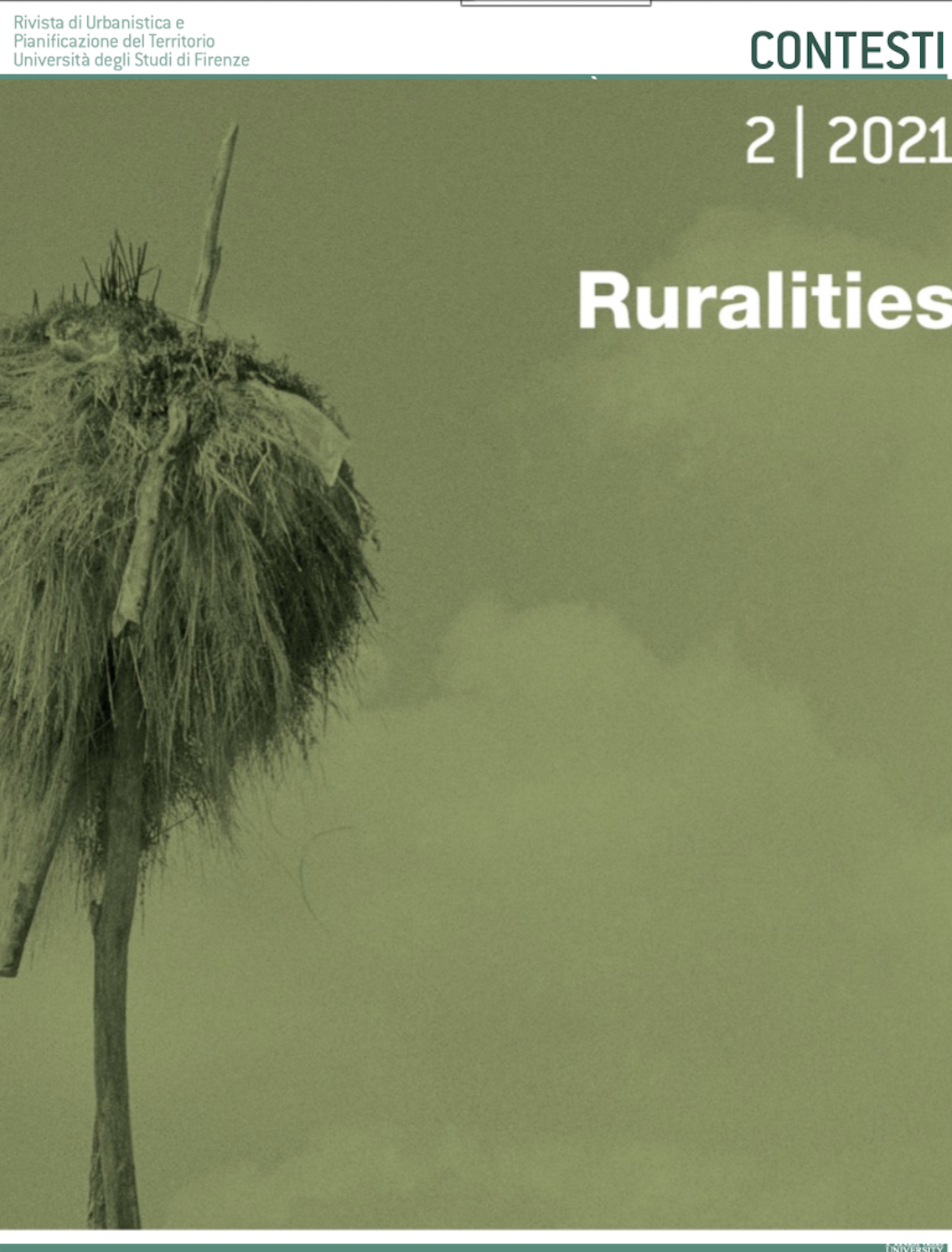Ora, se non ci sono pianeta, terra, suolo, territorio sufficienti a ospitare il globo della globalizzazione verso la quale tutti i paesi hanno preteso di dirigersi, allora più nessuno ha, per così dire, un tetto assicurato.
Ciascuno di noi si trova quindi di fronte alla seguente alternativa: “Continuiamo ad alimentare sogni di fuga o ci mettiamo alla ricerca di un territorio abitabile per noi e i nostri figli? O neghiamo l’esistenza del problema o cerchiamo di toccare terra? (Bruno Latour, Tracciare la Rotta, Cortina Editore, 2017, 13)
Now if there is no planet, no earth, no soil, no territory to house the Globe of globalization toward which all these countries claim to be headed, then there is no longer an assured “homeland,” as it were, for anyone. Each of us thus faces the following question: Do we continue to nourish dreams of escaping, or do we start seeking a territory that we and our children can inhabit? Bruno Latour, Down to Earth, Polity Press, 2018, 15)
Over the past few months, the scientific debate has put in evidence how a pandemic is one of the various possible implications of the progressive destruction and erosion of ecosystems that is both threatening the planet and challenging territories.
In general, epidemics are the expression of environmental stress and of a shift in the balance between man and his habitat, to which the planet, in other words the Earth, reacts and rebels against. The challenge thus becomes, in the words of the philosopher Bruno Latour, that of seeking and finding a new geo-political horizon. Latour identifies this new horizon in the notion of the Terrestrial (the title of this number of the journal), which takes part in human action (and is therefore no longer only the backdrop) and establishes itself as a sort of third element situated between the two poles of attraction that generated the crisis: the local and the global.
The Terrestrial calls into question the current Anthropocene and compels us to design a new system of alliances for survival on the planet, involving the overcoming of dualisms, the explosion of the reciprocal interactions between geosphere, biosphere and sociosphere, and the dialectics between the material nature of the soil and the planetary dimension of movement. The Terrestrial alludes to the visionary capacity of understanding the interdependence between human and non-human agents and demands new ecological policies that are both localized and territorial. In particular, the Terrestrial makes us “land” our attention on the political concept of the territory as only possible future horizon, both for the old inhabitants of wealthy nations who are now aware that there is no planet that is adaptable to globalisation, and for the new inhabitants (migrants) who, compelled to leave their “old land”, must radically modify their ways of living.
The earth and nature as backdrop of human actions are thus replaced by the Territory that takes part in human action, and is not only the backdrop to it: a contested domain without which human survival is not imaginable; a domain that has been challenged and dented by the various crises (climatic, epidemic, environmental, migratory), yet remains as a synthesis between earth and humanity, home of peoples and cultures, long-term social product and construct, humanity’s only living environment.
The Territory thus acquires a new central role and establishes itself as necessary response to the crises that affect it.
“Terrestrial” sets these theoretical and political reflections as the background with the purpose of collecting contributions that highlight the possible responses provided by territories (in terms of design, policies, approaches) to pandemic, climatic, environmental and migratory crises. In particular, it intends promoting reflections and contributions regarding the degrees of uncertainty that increasingly challenge the rationale of both the project and planning for the future of territories, and which require “preparedness”, on the one hand, and on the other a framework oriented to the actions necessary for pro-actively fostering territorial cohesion and resilience.
In particular, this number of Contesti invites participants to submit theoretical, methodological and descriptive (case studies, approaches, territorial policies) contributions on the following topics:
- Territorial resilience: construction of integrated policies, plans and projects
- Effects on the territory and territorial responses to climatic, migratory, pandemic and environmental crises
- Urban and territorial ecological policies
- “Preparedness” as a response to crises
- Orientation to strategic territorial planning in contexts characterised by uncertainty
- Strengthening of the territorial dimension of sector-related policies at all levels of governance
- New European territorial cohesion policy
Contributors are are invited to use the following institutional contexts as reference:
- The territorial perspectives of the “Territorial Agenda 2030. A future for all places” of the European Union (December 1st 2020), which establishes two general aims, “Just Europe” and “Green Europe”, with six respective priorities concerning the development of the European territory:
- Better balanced territorial development utilising Europe’s diversity
- Convergent local and regional development, less inequality between places
- Easier living and working across national borders
- Better ecological livelihoods, climate-neutral and resilient towns, cities and regions
- Strong and sustainable local economies in a globalised world
- Sustainable digital and physical connectivity of places
- The 2030 Agenda for Sustainable Development, adopted in September of 2015 by the governments of all 193 member states of the United Nations, with specific reference to one or more of the 17 Goals for Sustainable Development included in it.
- Reflections on and territorial implications of the European Bioeconomy Strategy and the promotion of a circular economy.
- Opportunities and limits of the new round of the Common Agricultural Policy for the period 2021-27 from the perspective of the promotion and safeguarding of biodiversity and decarbonisation processes.

